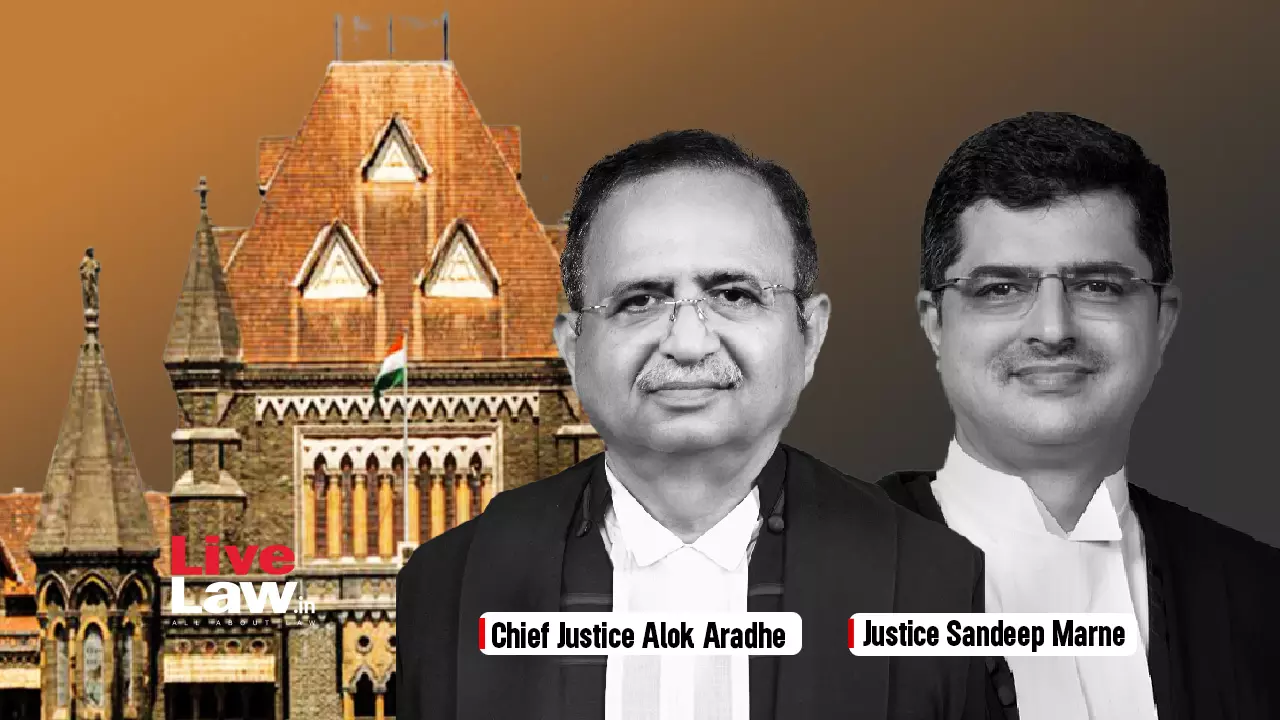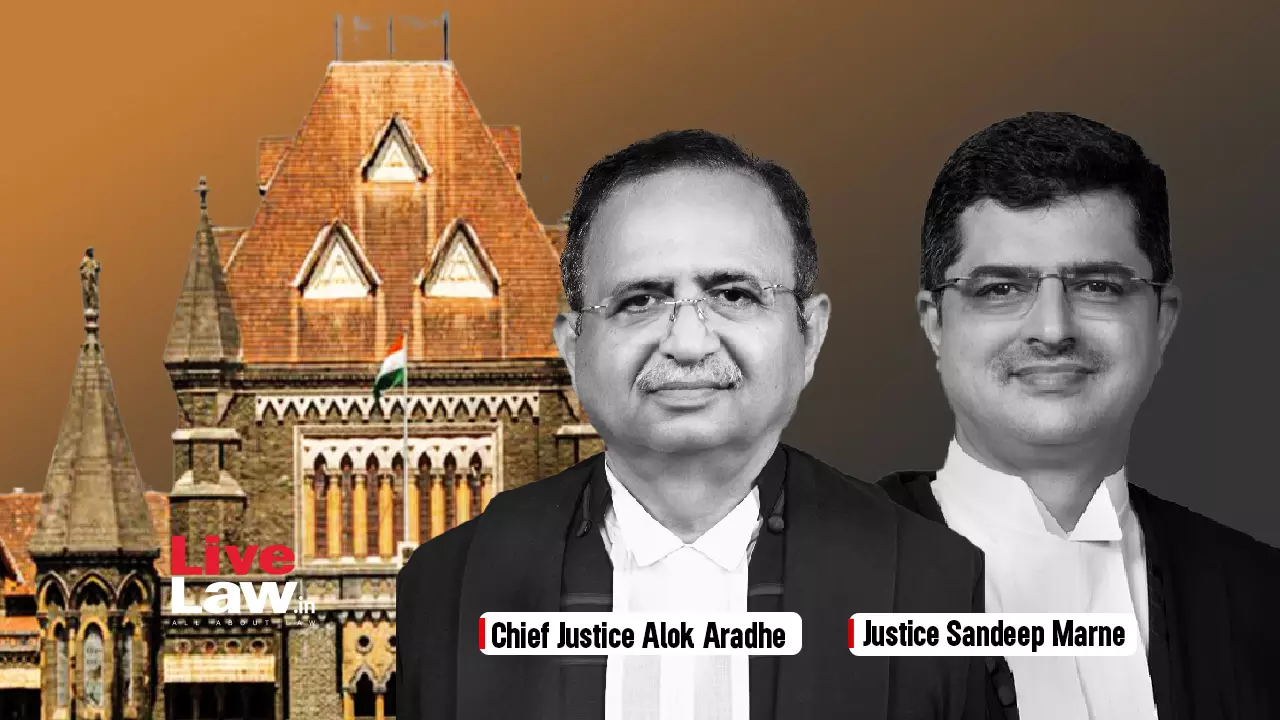Assessee Cannot Be Penalised U/S 271(1)(c) Of Income Tax Act For Merely Raising A Plausible Claim: Bombay High Court


The Bombay High Court stated that the assessee cannot be penalised under Section 271(1) (c) of income tax act for merely raising a plausible claim.
The Division Bench consists of Chief Justice Alok Aradhe and Justice Sandeep V. Marne opined that “the claim raised by the Assessee for claiming deduction in respect of the crystalised liability towards additional bonus was a plausible claim. Whether such claim is tenable in law or not is an altogether different issue. What is relevant to note is the position that the claim made by the Assessee can, by no stretch of imagination, be treated as malafide act of concealment of income so as to attract the provisions of Section 271(1)(c) of the I.T. Act.”
Section 271(1)(c) of the Income-tax Act, 1961 prescribes two faults or omissions which exposes the assessee to concealment penalty. These are, concealment of particulars of income and furnishing inaccurate particulars of such income.
In this case, Assessee/appellant is engaged in the business of manufacture and sale of footwear. The Assessee had filed the return of income for the Assessment Year 1984-85.
The case arises out of Assessee’s claim of deduction towards bonus for the Accounting Year 1982-83. According to the Assessee, liability for Rs.22,21,123/- towards payment of additional bonus got crystalised on 26 August 1983 when employees’ union made demands and in any case on 25 October 1983 when demands were discussed in the meetings held with the Labour Minister and the liability got crystalized.
As per the assessee, the settlement ultimately took place on 16 March 1984 and even though the actual payment of bonus was made in the subsequent Accounting Year, Assessee claimed deduction in respect of the amount of Rs.22,21,123/- in the Assessment Year 1984-85.
The Assessing Officer issued noticed under Section 143(3) of the I.T. Act. The Assessing Officer passed order by adding back inter-alia the amount of ad-hoc bonus of Rs.22,21,123/- which was not offered by the Assessee for taxation in the Amnesty Return.
The Assessing Officer recorded a finding that the case was fit for attracting the provisions of Section 271(1)(c) of the I.T. Act for imposition of penalty on account of explanation of the Assessee in respect of the bonus amount not being found bonafide.
The Assessee preferred Appeal before the Commissioner of Income Tax (Appeals) [CIT(A)] which came to be allowed holding that the explanation offered by the Assessee for not offering ad-hoc bonus amount for taxation was plausible and the case did not fit into the purview of Section 271(1)(c) of the I.T. Act.
The CIT (A) then accordingly set aside the penalty by allowing the Appeal. The Revenue preferred Appeal before the Income Tax Appellate Tribunal challenging the order of CIT (A).
The Tribunal allowed the Appeal preferred by the Revenue and has set aside the order of CIT (A) by upholding the order of the Assessing Officer.
The assessee submitted that Assessee bonafidely believed that under the mercantile accounting system, a business liability can be allowed for deduction for the year in which it has arisen and accrued; and not when it is actually paid by the Assessee.
The issue before the bench was whether the two ingredients of (i) concealment of particulars of income, or (ii) furnishing inaccurate particulars of income are made out for the purpose of attracting the provisions of Section 271(1)(c) of the I.T. Act.
The bench observed that the assessee only raised the claim that the crystalized liability towards additional bonus could be claimed towards deduction, which is later found to be inadmissible in law. Thus, the case does not involve making of any false statement in the return and therefore the finding of the Tribunal that there is inaccurate furnishing of particulars cannot be sustained.
The Assessee cannot be penalised for having raised a plausible claim. The essential ingredients of Section 271(1)(c) of the I.T. Act are not met with in the case. The CIT (A) had rightly set aside the order of the Assessing Officer. The Tribunal has grossly erred in reversing the order of the CIT (A), added the bench.
In view of the above, the bench allowed the appeal.
Case Title: M/s. Carona Limited v. Deputy Commissioner of Income Tax
Case Number: INCOME TAX APPEAL NO. 512 OF 2003
Counsel for Appellant/ Assessee: Aarti Sathe
Counsel for Respondent/ Department: Shilpa Goel





